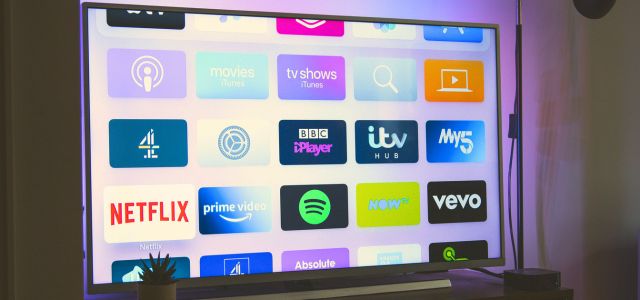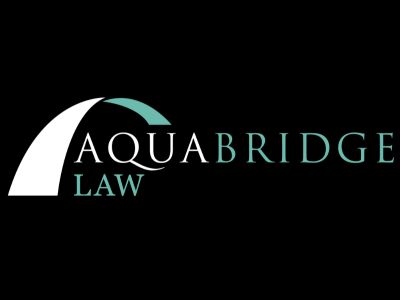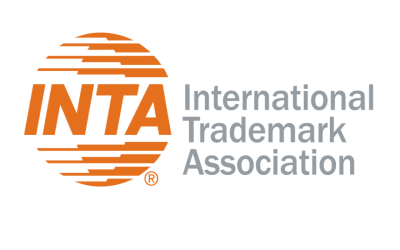IPTV (Internet Protocol Television) is ubiquitous to most, the everyday consumer of television media in the modern age. Whether it is streaming Planet Earth III on BBC iPlayer, the Premier League from Sky Sports, or the notorious Baby Reindeer on Netflix, there’s always some newfangled series or nail-biting sport to get our teeth stuck into. However, behind most streams, there is an IPTV provider that copies, reproduces, and broadcasts the media works of others and this is where there’s the potential for copyright infringement.
The intellectual property right of copyright arises upon the creation of new literature, media, and music (amongst other mediums) without any application, fee, or filing required at the Intellectual Property Office. It is the exclusive right of the owner (usually the creator) to copy, distribute, or adapt their work as they see fit. Commonly, those who create content will mark their work with a ‘©’ alongside their name and the year of creation as a way of evidencing the origin of their work.
To copy and transmit the works of others, IPTV providers such as Amazon Prime or Netflix will either pay a license fee to the owner under the terms of a license agreement for the (often exclusive) rights to the media, or they may employ producers/actors to create original content for which they, the IPTV provider, hold the copyright.
With the ever-increasing rise in the price for popular streaming services and the avaricious inclusion of more and more ads disrupting the action, consumers have taken to paying cheaper rates to third-party IPTV providers who pirate the films and series on their streaming websites and apps. The infamous Amazon FireStick, which those crafty enough have been able to ‘jailbreak,’ can enable you to download third-party streaming apps that ostensibly offer all of the movies and streaming options you could possibly want, either on a free or at a steeply discounted price.
So, what’s the catch?
What does it mean to own a copyright?
Copyright gives the owner certain rights in relation to the original content they have produced, including the right to prevent another from copying and exploiting their work for their own gain, such as for the purpose of issuing and transmitting that work to the public without the copyright holder’s permission. Commonly, dodgy third-party IPTV providers allow a consumer to stream a vast array of content at a considerably knocked-down price. This is because they have not paid the owner(s) of the content for a license to copy, reproduce, and transmit the content. In copying media to their server and transmitting it to the public without consent, the IPTV provider is committing what is known as an ‘act of primary infringement’ of copyright law, specifically of section 20 of the Copyright, Designs, and Patents Act 1988 (CDPA).
A recent example of this is the ‘Titan Streams’ case in which Benjamin Yates and Lewis Finch were convicted of offenses under the CDPA and handed 20 months imprisonment suspended for 18 months and 250 hours of unpaid work for receiving over £320,000 for the provision of IPTV services the content of which they did not own, nor did they get consent from the owner to communicate to the public.
Remedies for the owner/criminal charges
Some of the remedies available to an owner of copyright include:
- Search orders and freezing orders – allow items infringing copyright to be removed from the defendant’s possession and the preservation of evidence prior to judgment
- Injunctions – to prevent further infringement
- Damages on account of profits – the defendant pays the copyright owner the monetary value of the profits made using the content over which the claimant has a copyright
- Delivery up – the defendant gives up any infringing copies or articles used for copying the copyrighted material.
In addition, the police and trading standards officers may bring criminal charges against those who breach the CDPA. For instance, a breach of section 20 and section 107 of the CDPA relating to communicating copyright material to the public can bring a sentence of anywhere from three months imprisonment to 10 years (depending on the severity of the offense) and/or a fine.
What if I stream illegal content?
Those who choose to stream content from illegal streams or jailbroken Fire Sticks run the risk of prosecution. Under section 11 of the Fraud Act 2006, those who stream films or live broadcasts without the consent of the copyright owner, i.e., ‘without any payment having been made for or in respect of them’ may be found guilty under the Fraud Act and on summary conviction, be sentenced to up to 12 months in custody, and/or a fine of up to £5,000, or on conviction on indictment, up to five years in prison and/or a fine (sections 11(3)(a) & 11(3)(b) of the Fraud Act 2006).
As increasing measures are taken by broadcasters and the police alike to protect copyrights and to prosecute offenders breaking the law, those who choose to stream illegally and play with Fire Sticks, are all too likely to get burned.

Written by Alex Tredree
Trainee Solicitor, Aquabridge Law
You may also like…
INTA files statement in intervention in EU case on the inherent distinctiveness of color combination trademarks
New York, New York—July 24, 2024—The International Trademark Association (INTA) has filed a Statement in...
Bytedance stumbles in Singapore: IPOS rejects TIKI trademark challenge
The social media giant Bytedance, owner of the ubiquitous TikTok platform, recently suffered a setback in Singapore....
TOUR DE FRANCE fails in the third stage against German fitness studio chain
At the end of June, the 111th edition of the Tour de France kicked off. June also saw the end of a dispute between...
Contact us to write for out Newsletter














